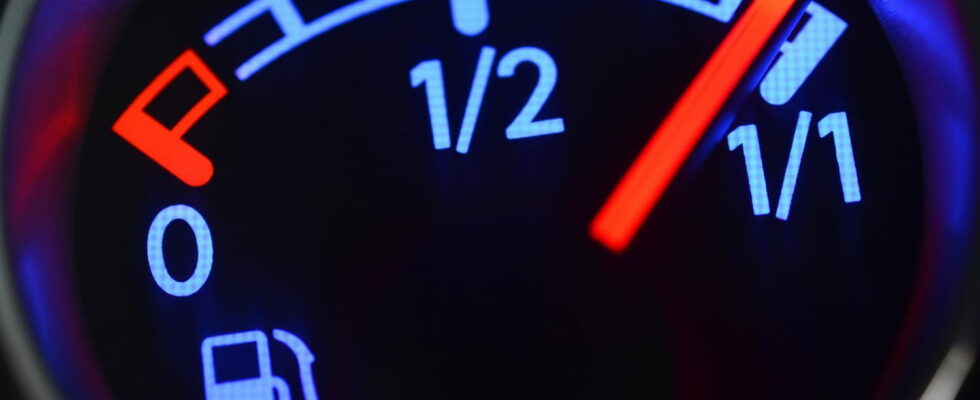With fuel prices still high, long car trips are very expensive. But you can significantly reduce your consumption thanks to a little-known option in the Google Maps app.
It’s difficult today to do without Google Maps, the mapping and directions app designed by Google. Every year, it is enriched with new functions or well-designed options to make our travels even easier. The strength of the American giant’s algorithms provides many services to optimize all journeys, but they are not always well enough highlighted to take advantage of them.
This is the case of a function which nevertheless allows you to save money when traveling by car. By indicating the starting point and the destination point, Google Maps calculates a route taking into account the consumption necessary for the journey. To do this, the app relies on topographical data (such as the hills present on the road), but also the various speed limits imposed and the prediction of traffic jams based on a traffic history.
Google Maps can thus determine the route that saves the most fuel, and which also limits CO2 emissions. The distance to travel may be longer than normal and the time it takes to get to your destination extended, but it may be worth it. If we are to believe the tests carried out by Google, it is sometimes possible to save up to 30% on fuel. Please note: Google warns, however, that this option is not available for distances less than 5 km. The display of other available routes remains present. So you can choose the one that suits you best.
Don’t look for a button to activate on the map displayed in Google Maps: the option to create a fuel-efficient route can be found in the app settings. And it is available on both Android and iOS (iPhone). Open Google Maps on your smartphone and tap your avatar icon at the top right. Choose Settings Then Navigation Or Navigation settings. Then scroll down to the section Route options and turn on the switch Favor fuel-efficient routes.
From now on, when you look for a route to get somewhere, the most fuel-efficient route will be indicated by the presence of a small green leaf. Tap on it to select it then pull down the information drawer at the bottom of the screen for more details. Google Maps then indicates the quantity of fuel (expressed in percentages) saved.
From the settings, you can of course indicate the type of engine of your vehicle: diesel, gasoline, hybrid or electric. For the latter, Google plans to indicate open and free charging stations on the map in the coming weeks. Practical. To save even more on your journeys, you can also ask Google Maps to show you routes where there are no tolls or even no motorways or ferries. The trip will undoubtedly be longer, but much more economical!
